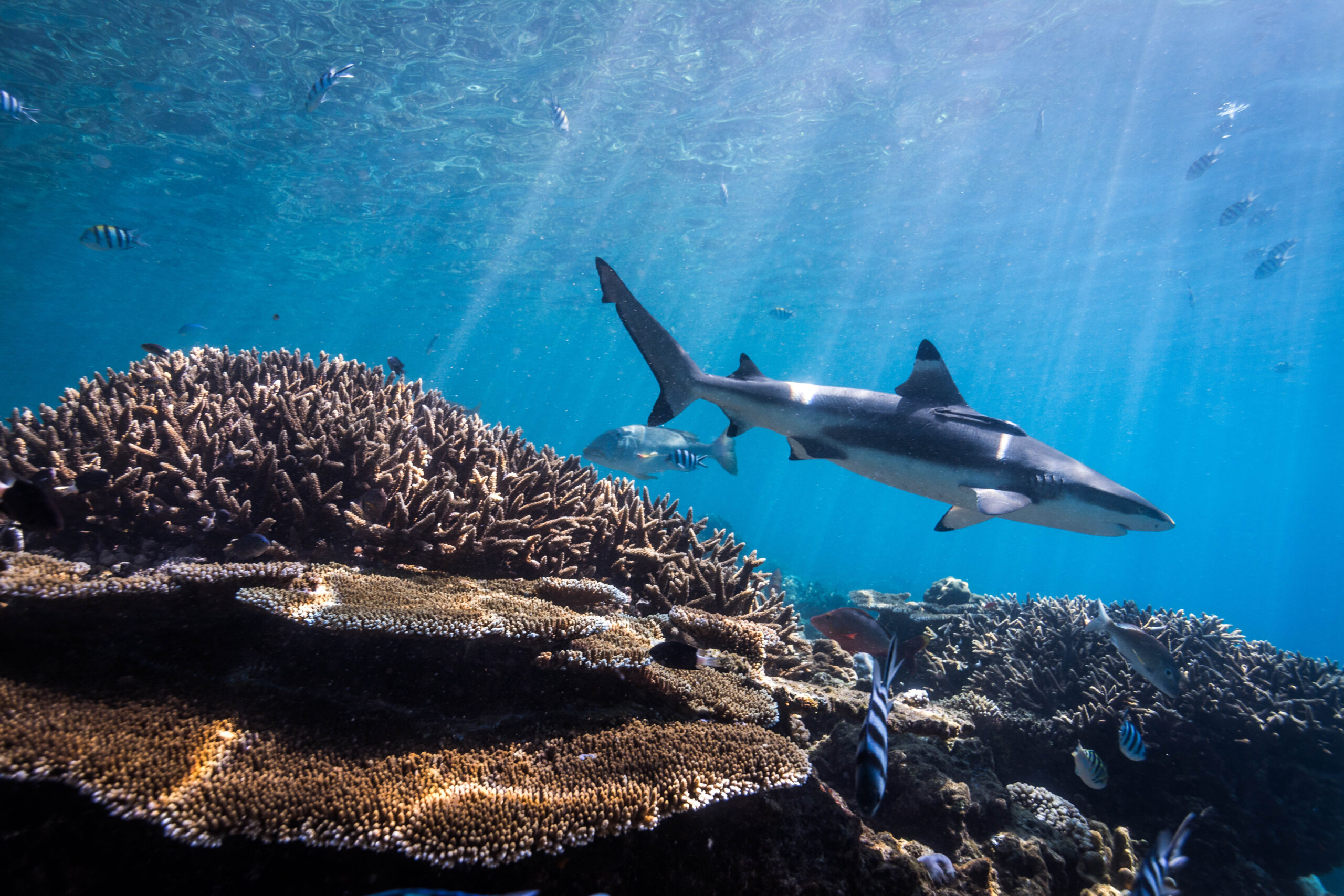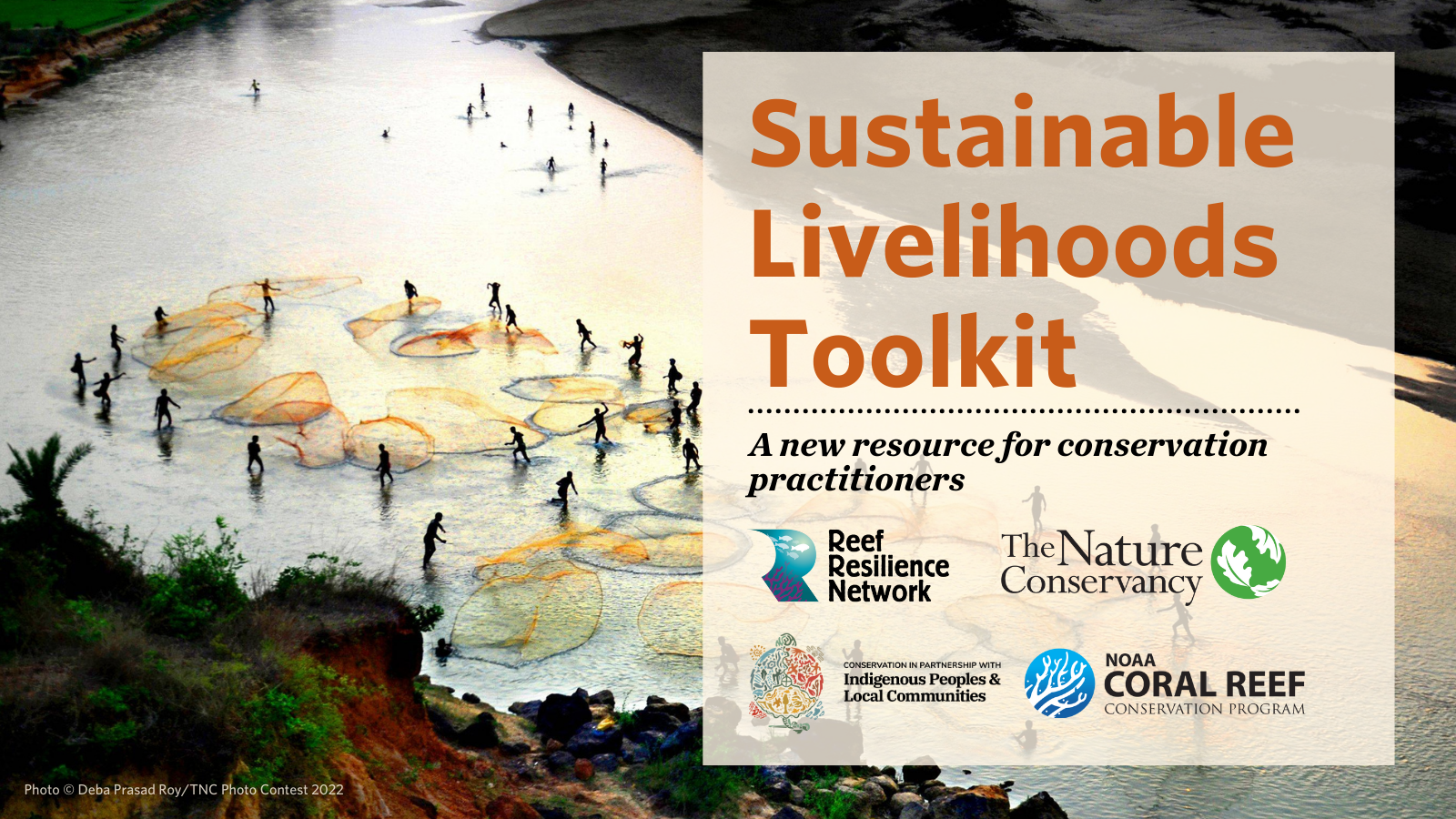While differences in thermal tolerance among regions with distinct annual mean temperatures were first recognized as evidence of coral thermal adaptation or acclimatization, thermal variation on much smaller spatial and temporal scales also appears to affect coral thermal tolerance. In this study, the authors measured the timing of high thermal pulses in a pair of pools in Ofu, American Samoa, and tested whether a coral population exposed to more frequent and more extreme pulses was associated with higher thermal tolerance relative to a population exposed to more moderate variation in the bleaching sensitive coral Acropora hyacinthus. The results showed that corals from the thermally variable pool, all of which hosted heat-resistant symbionts, evidenced lower mortality and less severe declines in photochemical efficiency than corals from the thermally moderate pool, regardless of symbiont type. The results highlighted the importance of monitoring multiple, potentially interacting mechanisms when considering the potential for reef corals to resist rising temperatures.
Author: Oliver, T.A. and S.R. Palumbi
Year: 2011
View Full Article
Coral Reefs 30(2): 429-440. doi:10.1007/s00338-011-0721-y


